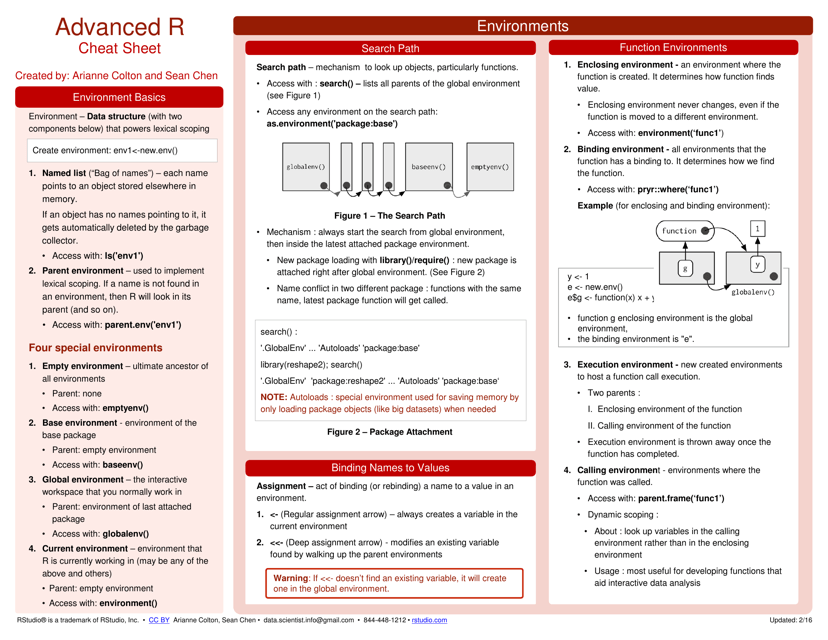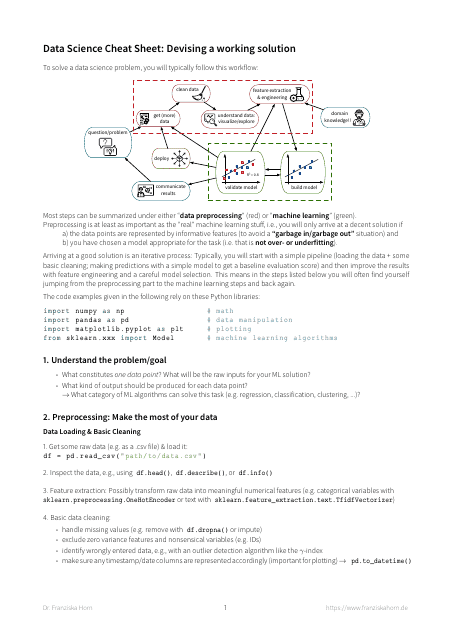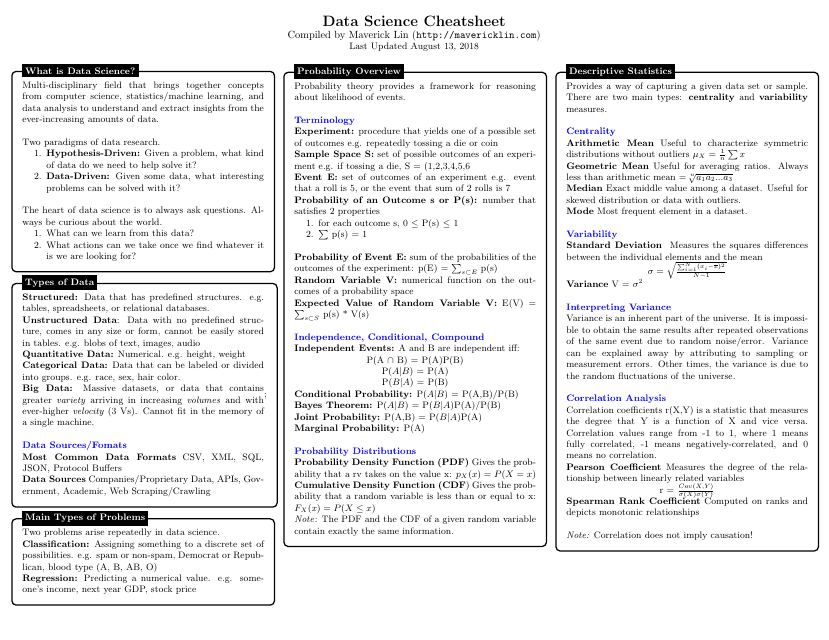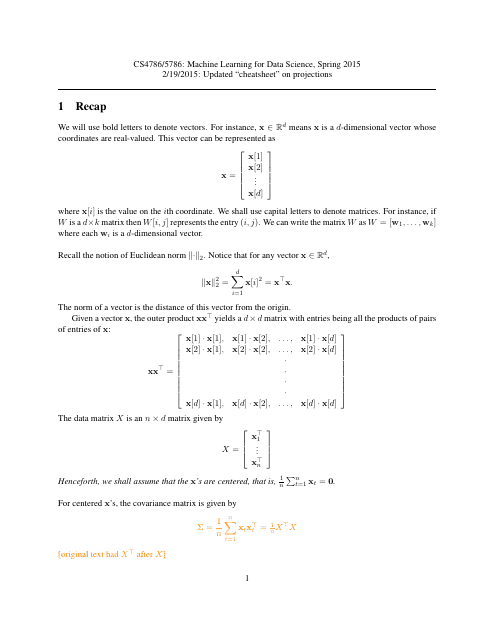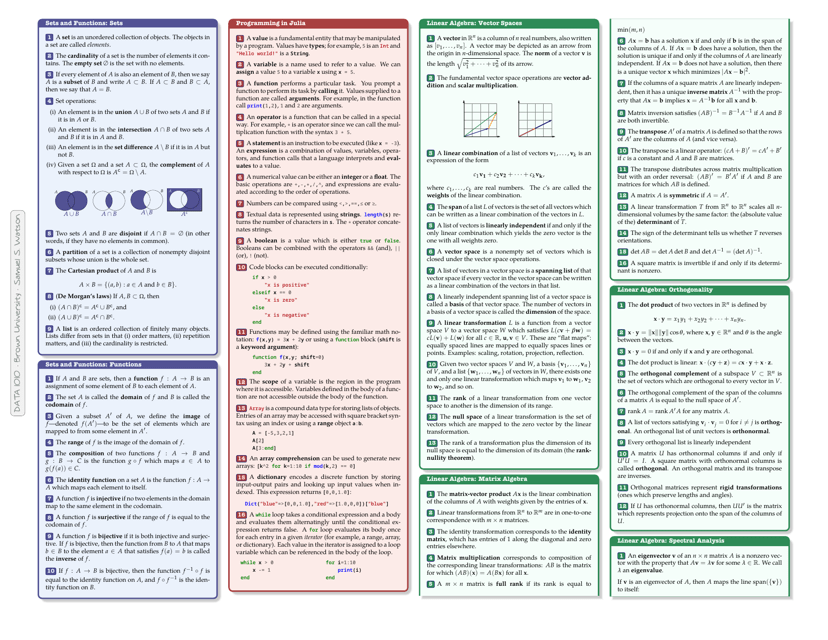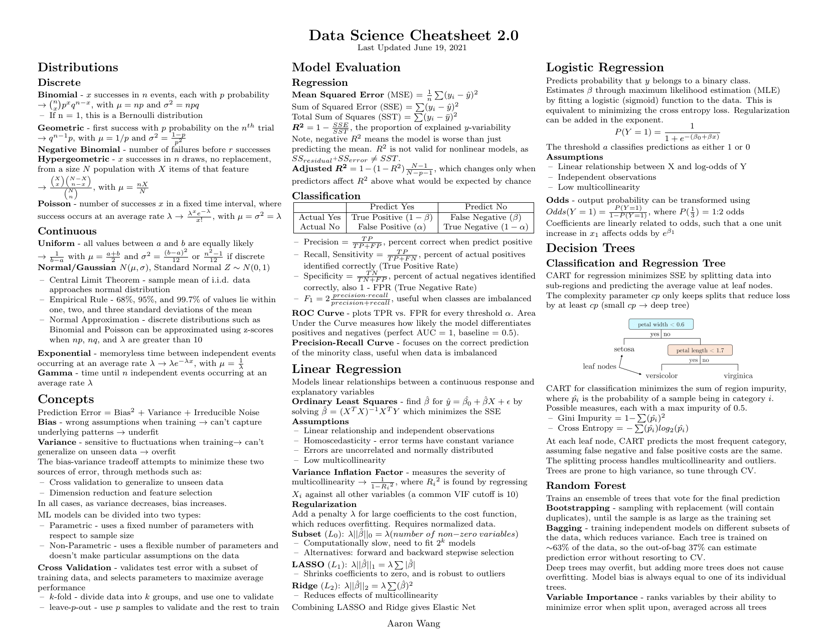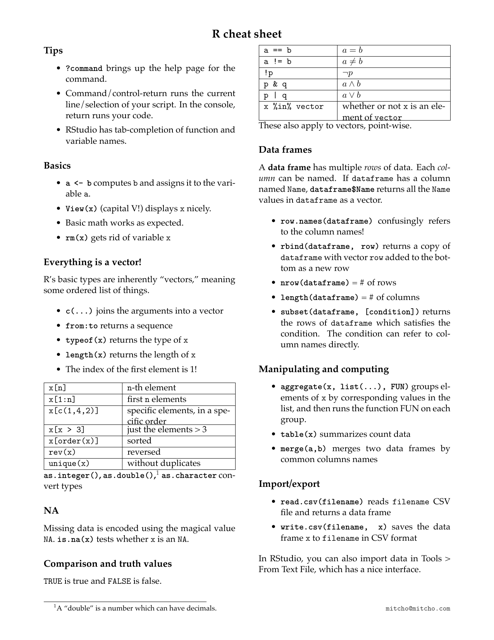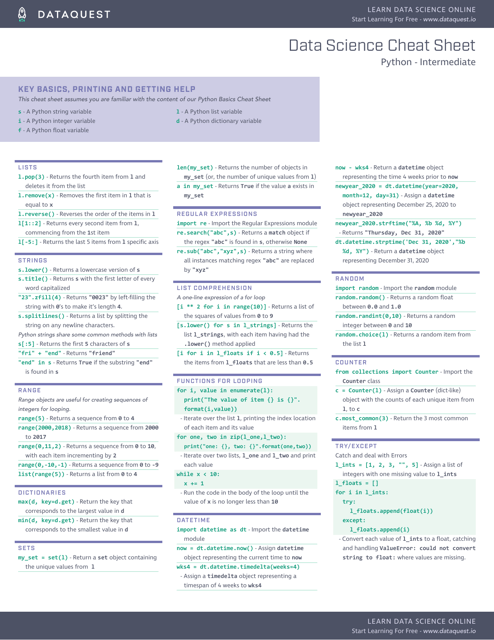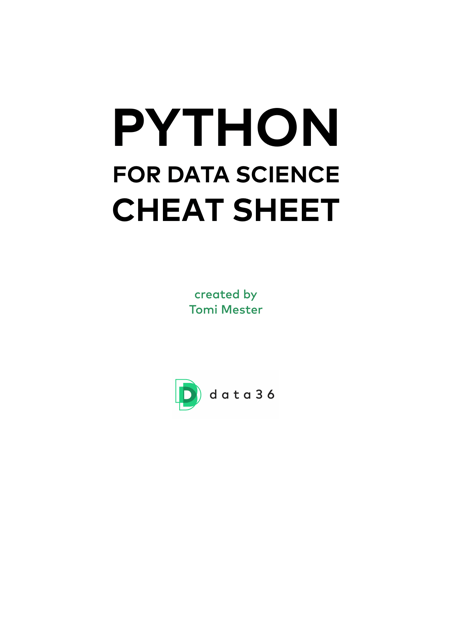Data Mining Templates
Data mining, also known as knowledge discovery in databases (KDD) or data exploration, is a process that involves extracting useful patterns and insights from large datasets. It combines various techniques and methods from fields such as statistics, machine learning, and database systems to uncover hidden patterns, trends, and relationships within the data.
At its core, data mining allows organizations and researchers to uncover valuable information that can drive decision-making, improve business strategies, and enhance overall performance. By analyzing vast amounts of data, data mining enables the identification of patterns that may otherwise go unnoticed, leading to actionable insights and informed decision-making.
Data mining is a crucial component of modern data analytics and plays a significant role in various industries and domains, including finance, healthcare, marketing, and retail. It helps organizations make informed predictions, understand customer behavior, detect fraud, optimize processes, and gain a competitive edge in the market.
Within the realm of data mining, a range of techniques and algorithms are employed to extract meaningful patterns from datasets. These may include association rule mining, classification, clustering, regression, and anomaly detection. Each technique serves a specific purpose, depending on the nature of the data and the desired objectives.
Whether you're a data scientist, analyst, or business professional, having a strong understanding of data mining techniques is essential for leveraging the power of data. By using tools and technologies tailored for data mining, such as Python libraries like scikit-learn, R packages, or specialized software, you can efficiently analyze and interpret vast amounts of data to gain valuable insights.
In summary, data mining is a vital process for uncovering hidden patterns and insights within large datasets. By harnessing the power of data mining techniques, organizations can make informed decisions, optimize processes, and gain a competitive advantage in today's data-driven world. Explore our collection of data mining resources, including cheat sheets and guides, to enhance your understanding and proficiency in this field.
Documents:
9
This document provides a handy reference guide for experienced R users with advanced features and functions. It includes shortcuts, syntax examples, and tips to improve efficiency in R programming.
This cheat sheet provides a concise overview of problem analysis techniques used in data science. It includes key steps and strategies for understanding and defining data science problems, helping practitioners effectively analyze and solve real-world challenges.
This document is a cheat sheet for data science, providing a quick reference guide for various concepts, algorithms, and techniques used in the field.
This document provides a cheat sheet for understanding and implementing projections in machine learning. It includes key concepts, formulas, and examples to help you better understand and apply projection techniques in your machine learning models.
This cheat sheet provides key information and formulas related to Data 1010, a course offering an introduction to data analysis and statistics. It is a helpful resource for students studying this subject.
This document is a handy reference guide for data science concepts, formulas, and techniques. It provides a quick overview of key topics in data science, such as statistics, machine learning, and data visualization. Use this cheatsheet to refresh your memory or quickly find the information you need while working on data analysis or machine learning projects..
This document provides a handy reference guide for using the R programming language. It includes the most commonly used functions and syntax for data manipulation, statistical analysis, and plotting in R. Use this cheat sheet as a quick reference tool for working with R.
This document is a cheat sheet for intermediate level Python programming in the field of data science. It provides quick reference to commonly used syntax and concepts.
This cheat sheet provides a quick reference guide for using Python in data science. It covers key concepts and syntax, making it useful for data scientists and programmers.

